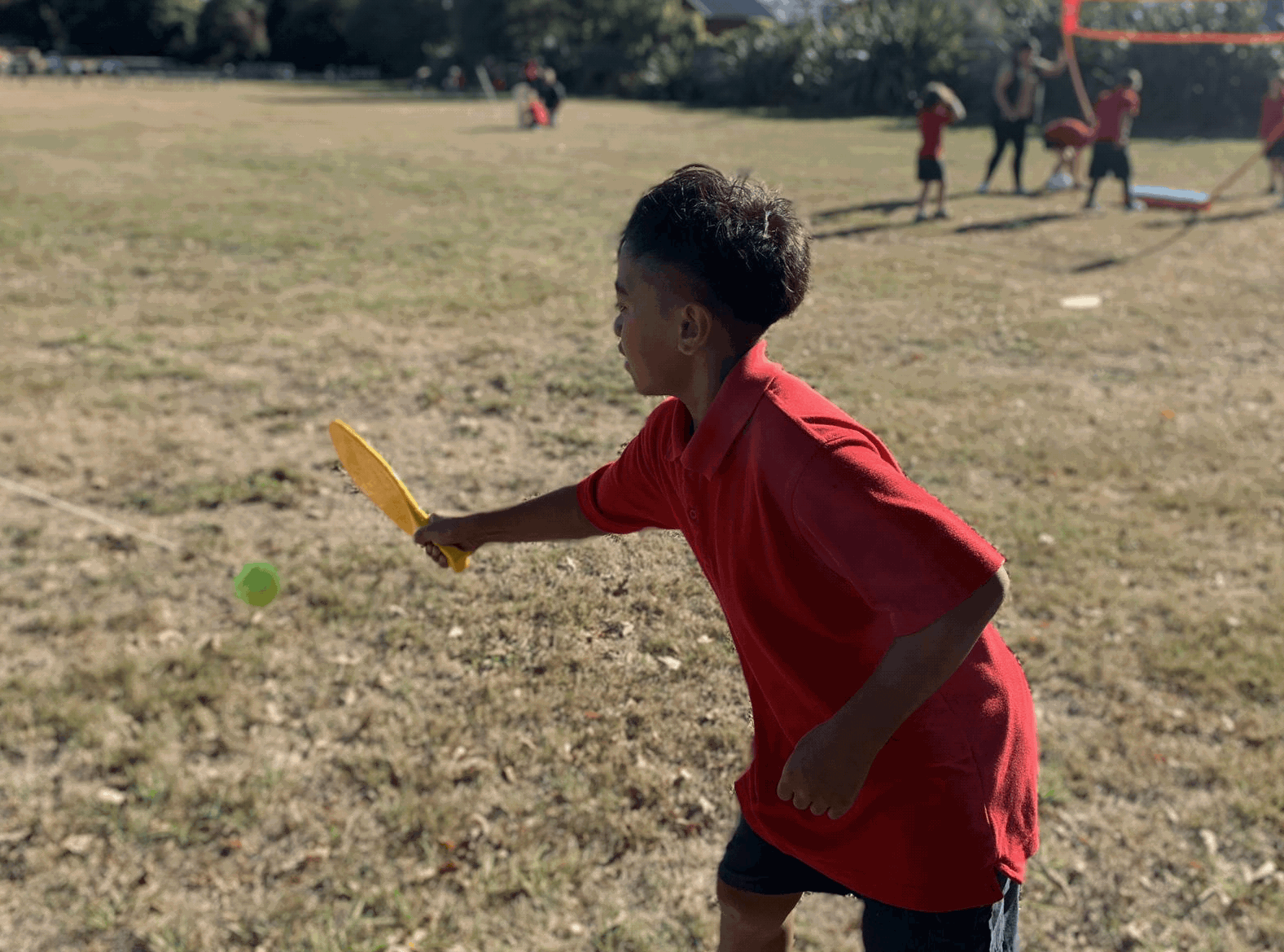

Ōtautahi Play Streets

It is widely recognised that having time, space, and permission to play is fundamental to the health, happiness, and development of all tamariki.
But children in Aotearoa and many other countries around the world are less likely to play outside as they once did. The desire to play hasn’t changed but the world around them has.
This is due to a multitude of factors such as national and local decisions around urban design, streets prioritised for vehicle traffic, less trust and connection in neighbourhoods, increased fear and social norms that tend to exclude tamariki from public spaces.
In this ever-changing world where childhoods look vastly different to those of the past, it’s vital that young people are given the opportunity to play in an environment where they feel safe to let their imaginations run wild and can develop a sense of belonging in their neighbourhoods and communities.
Play streets have become a popular phenomenon internationally, particularly in Australia, Canada, UK, and the United States to combat the ever-increasing number of tamariki who simply don’t have as many opportunities to play outside in their neighbourhoods.
An example of this is the National Advocacy Organisation, Play Australia who have launched their ‘1000 Play Streets’ movement - aimed at creating one thousand play-friendly streets for children across Australia by 2025.
Funded through Sport Australia’s Move It AUS-Participation grant, the project aims to reconnect communities and encourage outdoor play as COVID-19 restrictions ease across the country.
It follows research that just one in three children engage in daily free play outdoors. Furthermore, the Australian Psychological Society revealed a third of people don’t see or speak to their neighbours on a regular basis.
Another example is the UK’s ‘Playing Out’ project which is a National Organisation and movement for longer term change, supporting children’s right to play outside for their health, happiness, and sense of belonging.
The ideology behind these initiatives is about linking in with individual and collective play memories as well as the belief that streets are for people - not just for cars.
It’s about making it easy and safe for whānau to keep moving and connect through play to support healthier neighbourhoods and communities.
Influenced by the success of these play street models overseas, and some being held in other parts of Aotearoa, a group of play advocates and action partners based in Ōtautahi have created the Ōtautahi Play Streets project. Sport Canterbury’s Regional Play Systems Lead, Adam Gard’ner, and Emma Woods, a University of Canterbury Master of Urban Resilience and Renewal student, have created the Ōtautahi Play Streets project which turns ordinary residential streets into streets for outside play, fun and activity through temporary road closures.
The Ōtautahi Play Streets project is a collaborative effort with CCC, RTL, Isaac Construction, as well as various community organisations and neighbourhoods.
“As part of this project, we want to empower neighbourhoods and communities to set up and run these play streets themselves – with this in mind, we have created a process in which community organisations can apply to host a play street within their community. ‘Neighbourhood Play Street Champions’ will also play a key role in helping make the play streets happen.
“The current process is quite stringent, but this is a continual work on so that we can make it easier for people – we have also created a resource kit, which highlights the step-by-step process that Community Organisations and neighbourhoods can use to prepare for a play street in their community,” adds Gard’ner.
The first play street in the Ōtautahi Play Streets project was held on Sunday 4 July in Parklands.
Part of Tamarisk Place was temporarily closed to vehicle traffic that afternoon and was transformed into a place where neighbours of all ages were free to gather, connect, and play in their own ways.
The event was a great success thanks to a collaborative approach from the local community who dedicated a lot of time and energy in the planning and running of the play street in Parklands. In particular, Emma Vennell from The Pūkeko Centre, Jacqui Miller, Anna Langley, Clare Piper, Kirsty, Mahoney and Simon Hodges from the Christchurch City Council, Craig and Paul from Isaac Construction and Emma Woods.
Although Covid-19 impacted the planning of play streets over the past few months we recognise the value of play and connectedness for wellbeing and are now ready to plan more play streets.
If your organisation or neighbourhood would like to inquire about holding a play street in your area, please contact:
Adam Gard’ner - adam.gard'ner@sportcanterbury.org.nz
Article added: Wednesday 17 November 2021

